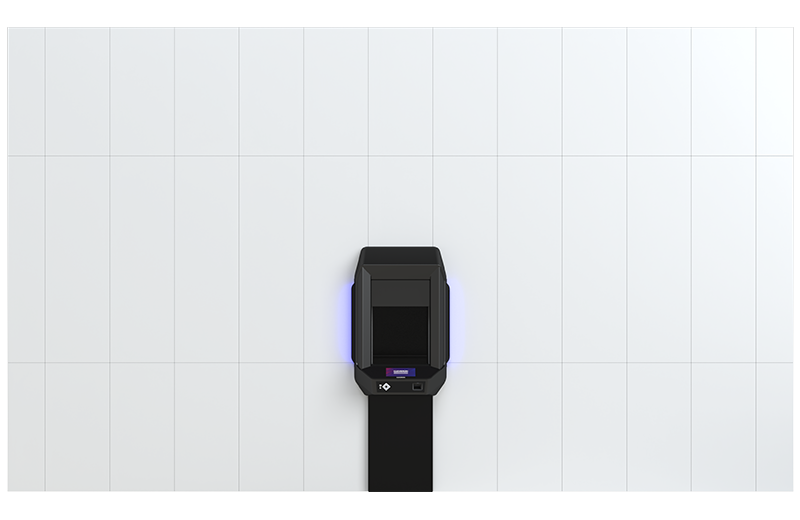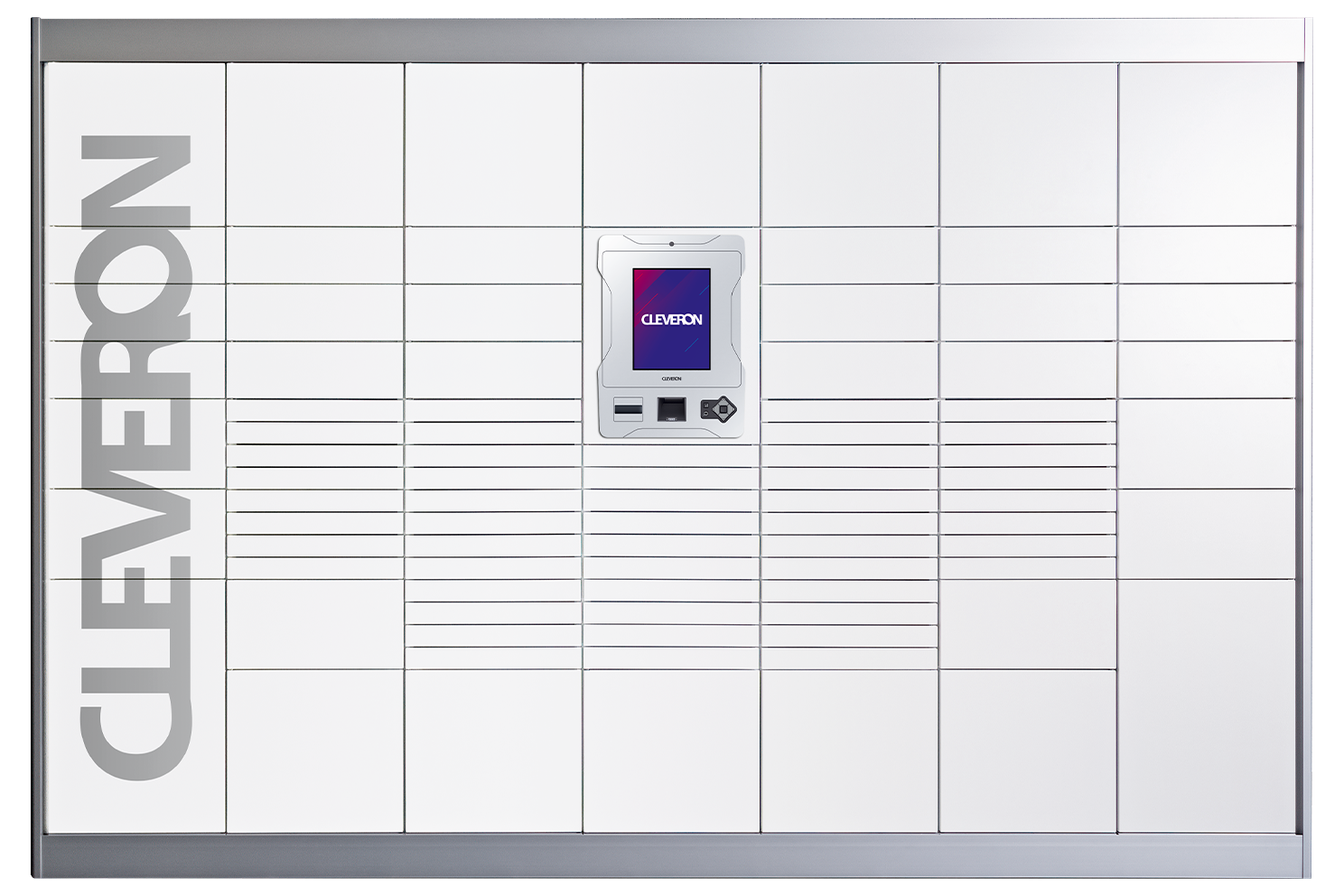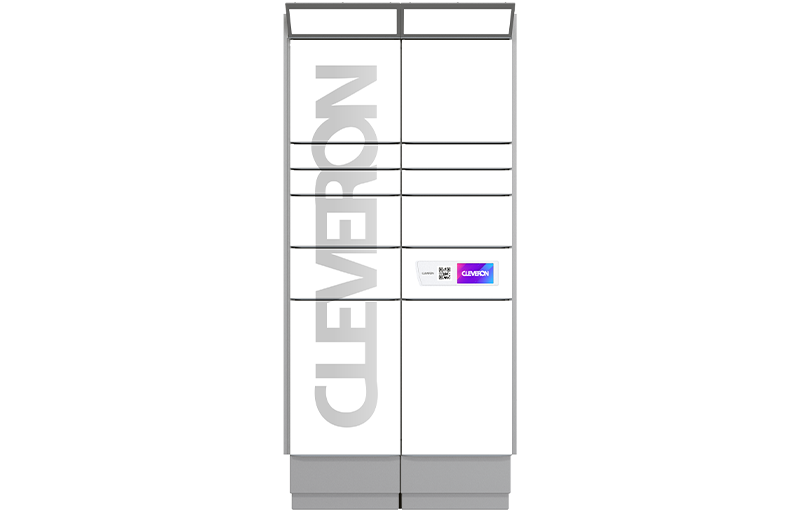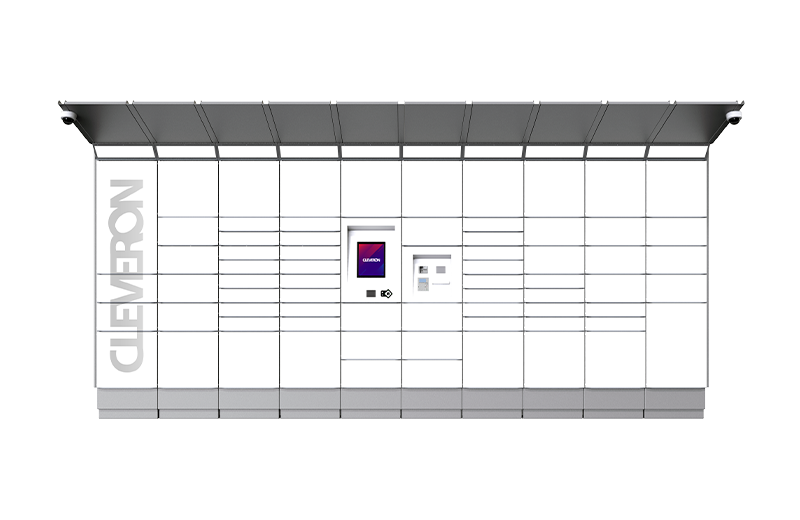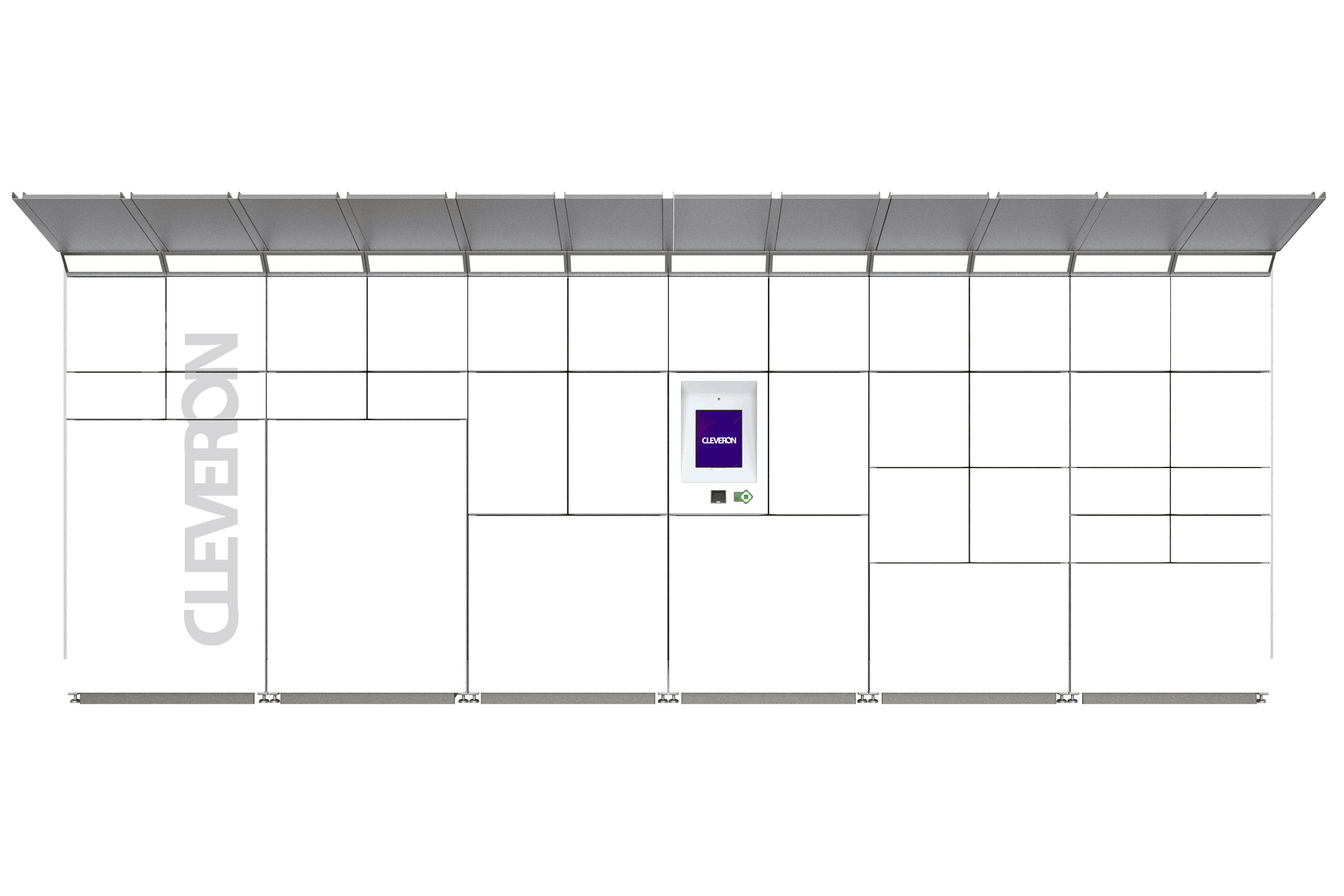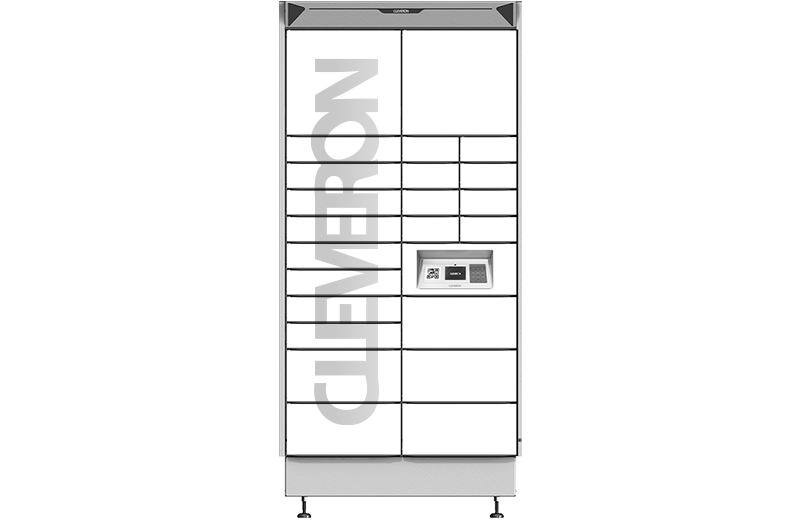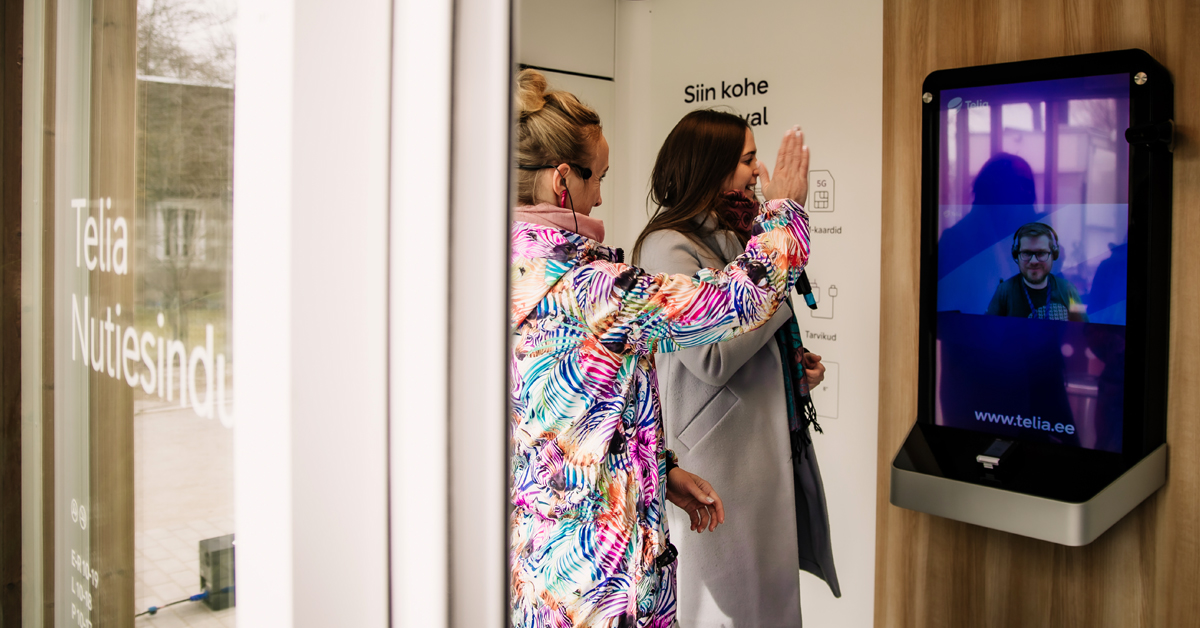
Digital representation offices represent a transformative approach to establishing a physical presence in remote regions.
Digital representation offices represent a transformative approach to establishing a physical presence in remote regions.
Maintaining a physical presence in remote regions poses a significant cost challenge for companies, as noted in the APEC Policy Support Unit report “Development and Integration of Remote Areas in the APEC Region.” The low population density in such regions makes it difficult for companies to justify the expense of building and maintaining traditional representation, especially in areas where finding employees is challenging, and retail space is expensive.
To address this problem, innovative solutions like digital representation offices have emerged, revolutionizing traditional sales spaces. Customers can sign contracts, speak online with customer service reps and receive gadgets. By harnessing technology, self-service representation offices empower businesses to establish a physical footprint in remote areas, eliminating the need for costly retail space.
The concept of digital representation offices aligns with the mission of telecommunications companies like Telia in Estonia, which aim to provide innovative technology solutions to address real-world challenges. According to Katre Liiberg, Telia’s Head of Estonian Sales and Customer Service, the goal of self-service stores is to expand where Telia is absent, but demand exists. This initiative aims to provide convenient solutions while addressing sustainability and community needs. “We have long been looking for an opportunity to sustainably restore our presence in smaller towns. From the community standpoint, the network of regional service points is of utmost importance. We are pleased to be able to deliver on this promise by opening a digital representation office, thereby improving the regional availability of services and support, self-service stores are our way of solving structural concerns innovatively and sustainably,” said Liiberg. By leveraging technology, companies can operate efficiently and effectively in even the most secluded and challenging environments. The concept of smart stores represents a transformative approach to establishing a physical presence in remote regions, enabling businesses to overcome the limitations imposed by distance and infrastructure constraints.
The disparity of available services in rural and urban areas has been on the rise, as most customer-friendly services are rolled out in highly populated regions. Ott Pabut, Ph.D., the Chief Operating Officer of Cleveron, highlighted this issue, stating that “While it is understandable from the side of service providers due to increasing pressure on profitability, it leaves the rural consumer in a highly disadvantaged position.”
Pabut suggests that the development of the digital representation office concept enables addressing the needs of both service providers and consumers. By integrating parcel robotics and self-service terminals, it is possible to offer a high level of service to the consumer and reduce the costs of service providers while maintaining their physical footprint. “For example, one remote customer assistant could operate 10 digital stores in various locations around the country. Furthermore, the actual location of the customer assistant will become irrelevant, which, in turn, enables the service providers to access resources from untapped regions. The most advantageous companies could take the concept even further and place the rural consumer in an advantaged position by offering 24/7 access in digital representation stores,” said Pabut.
In addition to the benefits for businesses, robotics-based self-service stores also have potential advantages for employees in isolated areas. By eliminating the need for long commutes or relocation, virtual workplaces provide opportunities for individuals to work closer to home and achieve a better work-life balance. Smart representation offices can open employment opportunities for individuals who may have limited access to job opportunities in their local communities. This allows for more significant economic development and empowerment of individuals in distant regions, as they can contribute to the workforce and gain valuable skills and experience without having to relocate to urban centres. Overall, digital representation offices have the potential to contribute to local economies, reduce geographical disparities, and provide more accessible employment options for individuals living in remote areas.
Digital representation offices represent a transformative approach to establishing a physical presence in remote regions. They enable businesses to overcome the challenges imposed by distance and infrastructure constraints, also providing more accessible employment options and contributing to the economic development of isolated areas. By embracing this innovative concept, companies can create new possibilities for growth and expansion in previously untapped markets.
About Cleveron
Cleveron is an Estonian tech company and the world’s innovation leader in creating robotic parcel solutions to automate last-mile click and collect. With the help of Cleveron’s solutions, companies reduce last-mile delivery costs, streamline parcel delivery and return operations and improve the omni channel customer experience. Cleveron’s drive is to help people save time by creating innovative parcel robots and APMs that eliminate repetitive, manual, and time-consuming tasks from people’s lives. Cleveron’s parcel lockers and robots handle nearly 20 million parcels globally each year.
About Telia
Telia is the leading mobile operator and supplier of telecom services in Estonia. The company has a comprehensive range of mobile and fixed services for businesses and consumers. Telia is a focused Nordics and Baltics integrated digital operator on a mission to build a new digital society, empowering people, companies and societies to stay in touch with everything that matters to them.
Photo: Telia, Laura Oks

